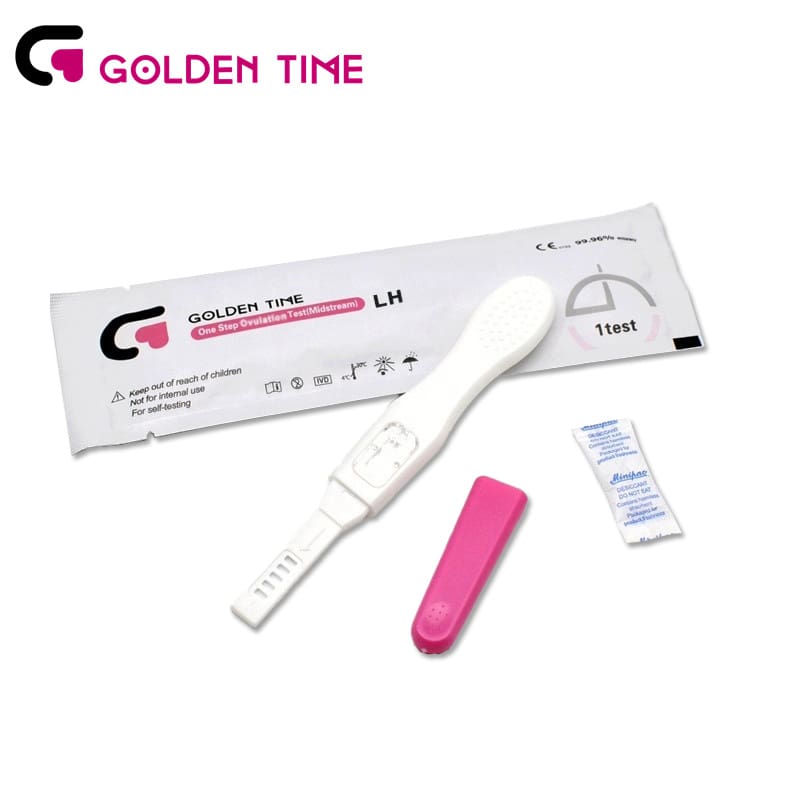Nov . 21, 2024 07:40 Back to list
syphilis test diagnosis
Understanding Syphilis Testing and Diagnosis
Syphilis is a sexually transmitted infection (STI) caused by the bacterium *Treponema pallidum*. It has a complex presentation and can lead to significant health complications if left untreated. Early diagnosis is crucial in managing syphilis effectively and preventing its spread. This article will discuss the different methods of syphilis testing, the importance of diagnosis, and the implications of the disease.
The Importance of Testing for Syphilis
Testing for syphilis is essential for several reasons. Firstly, early detection leads to prompt treatment, which can prevent the progression of the disease and the risk of transmission to sexual partners. Secondly, due to the asymptomatic nature of early syphilis stages, many individuals may be unaware they are infected, making routine testing vital, especially for those at higher risk. Regular screenings are recommended for sexually active individuals, particularly men who have sex with men, people living with HIV, and those with multiple sexual partners.
Types of Syphilis Tests
There are primarily two categories of tests for diagnosing syphilis non-treponemal tests and treponemal tests
.1. Non-Treponemal Tests These include the Rapid Plasma Reagin (RPR) and the Venereal Disease Research Laboratory (VDRL) tests. They detect non-specific antibodies that the body produces in response to the infection. While these tests are quick and easy to perform, they can sometimes yield false positives due to other conditions such as pregnancy, autoimmune diseases, or recent vaccinations. These tests are often used for initial screening.
2. Treponemal Tests These tests, which include the Fluorescent Treponemal Antibody Absorption (FTA-ABS) test, detect antibodies that specifically target *Treponema pallidum*. Treponemal tests are more specific and are used to confirm a diagnosis after a positive non-treponemal test result. They remain positive even after successful treatment, which is an essential factor to consider in ongoing patient care.
syphilis test diagnosis

The Diagnostic Process
When a healthcare provider suspects syphilis due to signs and symptoms, a patient will typically undergo a series of tests. Symptoms of syphilis can range from painless sores known as chancres, rashes, fever, and swollen lymph nodes in the primary and secondary stages. In the latent stage, there are often no visible symptoms, which further complicates the diagnosis.
It is crucial for healthcare providers to take a comprehensive sexual history and consider the patient's risk factors to guide the testing process. If initial tests yield positive results, further treponemal testing is often recommended.
Implications of a Syphilis Diagnosis
If diagnosed with syphilis, the most effective treatment is an antibiotic, typically penicillin. Early treatment can halt the progression of the infection and prevent complications such as neurological or cardiovascular issues in later stages.
Moreover, a syphilis diagnosis carries broader implications for public health. Individuals diagnosed should notify their sexual partners, encouraging them to get tested, as many people may be unaware of their status. Partner notification is a critical strategy in reducing the overall incidence of STIs in the community.
Conclusion
In summary, syphilis remains a significant public health concern, underscoring the need for awareness, testing, and timely diagnosis. Various tests are available to diagnose syphilis, each with its implications for treatment and public health. Routine screening, particularly for high-risk populations, is essential in controlling this infection. Education on transmission, symptoms, and the importance of seeking medical attention can empower individuals to take charge of their sexual health and contribute to a healthier society. By addressing syphilis effectively, we can reduce its prevalence and combat the stigma associated with STIs.
-
Dengue NS1 Rapid Diagnostic Test Kit
NewsMar.07,2025
-
Dengue NS1 Rapid Diagnostic Test Kit
NewsMar.07,2025
-
Dengue NS1 Rapid Diagnostic Test Kit
NewsMar.07,2025
-
Transferrin Rapid Test Cassette Tumor Marker TF Card
NewsMar.07,2025
-
Malaria Pf Pan Rapid Diagnostic Test Kit
NewsMar.07,2025
-
malaria pf / pan ag rapid test
NewsMar.07,2025

